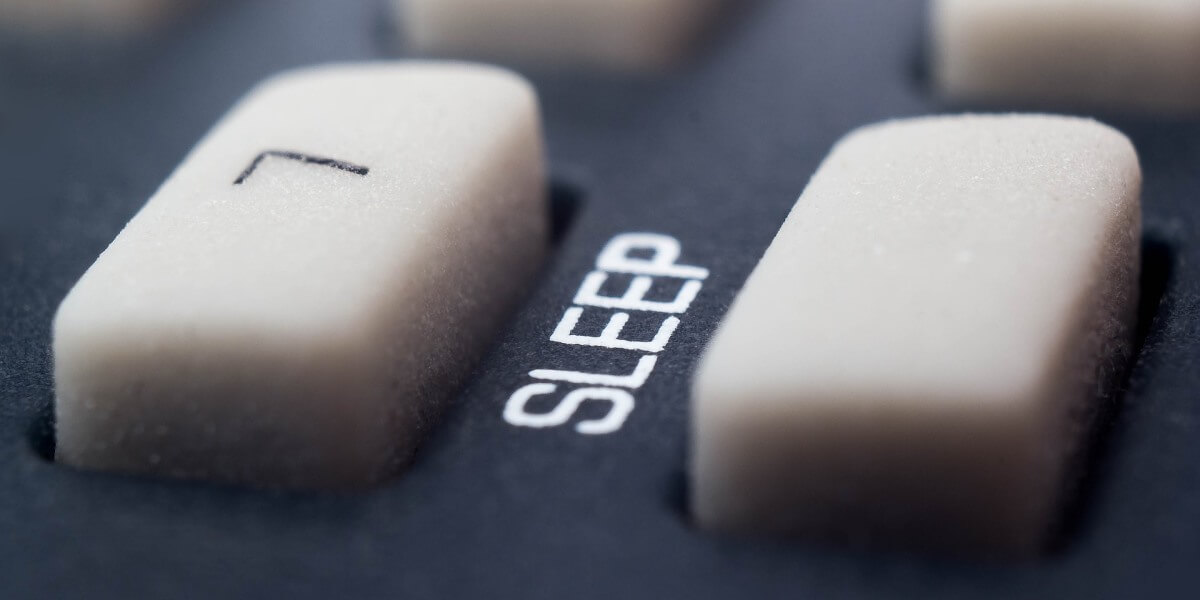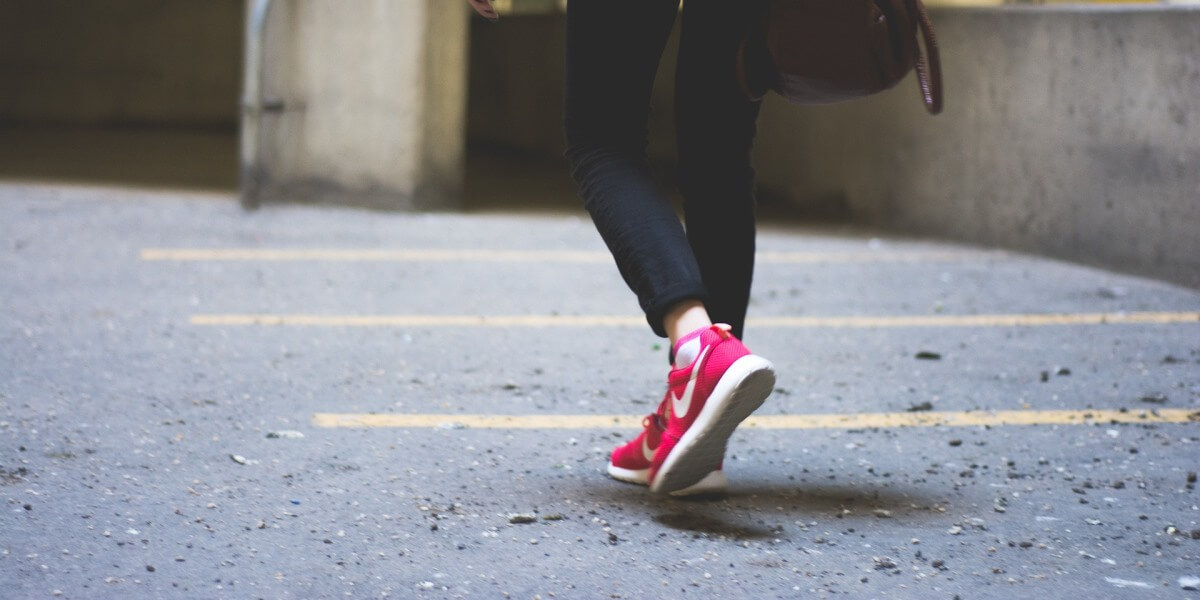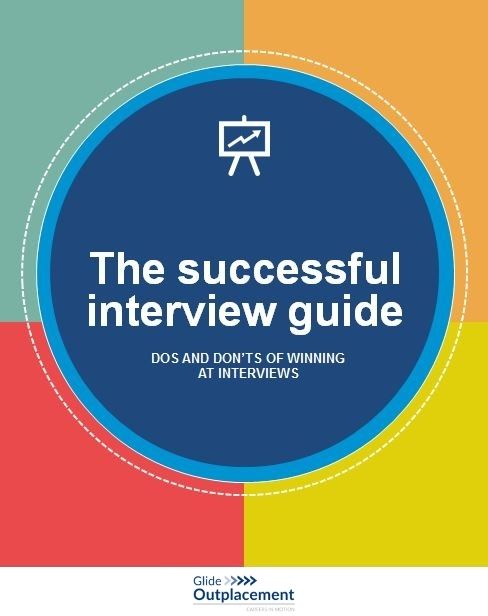What is the potential impact of bad night’s sleep before a job interview – is it really that important to get a ‘good night’s sleep’? Will no sleep before an interview reduce your chances of doing well?
Too nervous to sleep
The standard recommendation before a job interview is to get a good night’s sleep the night before so that you’re functioning at your best during the event.
But often we find ourselves too excited or nervous about the interview – or important meeting – we will be having the next day to drift off as easily as we normally would.
The harder we try to relax and fall asleep, the more elusive sleep becomes. So will your lack of sleep before a job interview stop you winning the role of your dreams?
Are you really sleeping less?
Thankfully most of us don’t suffer from prolonged insomnia. But lots of people claim they regularly have bad nights, for a night or two, and often feel the effects the next day.
We normally wake up for one or two minutes every two hours or so. Usually we are blissfully unaware of these short waking periods.
However when you are anxious about something, such as a job interview or performance review meeting, these short periods often feel much longer so you feel as if you not getting as much sleep as you really are.
How much sleep can you miss before it affects you?
If you manage to get a good night’s sleep you should be able to maintain a fairly stable level of alertness throughout the day.
But missing out on just an hour and a half of sleep in one night can reduce your level of daytime alertness significantly (some studies have found by as much as 1/3). However most of us can still function adequately after not sleeping well for a night or even two.
What are the potential impacts on performance?
Research has found that the main functions that are impacted by a short term lack of sleep are motivation and your ability to accurately assess your performance.
Stops you performing at your best
Those who are mildly sleep deprived are likely to rate their own performance as lower than it actually was, even if they performed well. This can lead to people avoiding challenging situations, such as job interviews, out of fear of them not going well. It can also increase nervousness or foster negative thinking before an event, both of which can stop you performing at your best.
Pattern of sleepless nights
It’s important to remember the key factor when it comes to performance is the total amount of sleep you manage to get over several days, rather than just the night before. Most people function fine and remain alert throughout the day with a temporary period of little sleep, as long as there isn’t a long term pattern of sleepless nights.
Severe sleep deficits and ‘power failures’

If you have a sleep disorder or get less than the recommended eight hours sleep for several days, this may result in a severe sleep deficit that makes it harder for the brain to function well.
Reduced performance level
Longer term sleep deprivation or more severe sleep deprivation is more likely to affect your performance. A week of sleeping four or five hours a night induces an impairment equivalent to a blood alcohol level of 0.1%. And like someone who is drunk and doesn’t realise how much their abilities are affected, a lack of sleep over a long period also reduces your awareness that you are operating at a reduced level of performance.
Difficult to regain focus
Too little sleep also reduces your ability to regain focus once you have lost it. Whether we are tired or not, we all lose focus at some point. Think of it as a ‘power failure’ in our brains.
If we have slept well, our brains find it easier to regain focus and we increase attention to overcome this momentary lapse in concentration. But a sleep deprived person finds it much more difficult to regain focus and as a result is less likely to notice a corresponding decrease in their functioning.
False sense of ability
Furthermore, the periods of normal function give people a false sense of ability. Confidence in our ability to perform well can overshadow any distracted periods, which can have a significant detrimental impact on our normal functioning.
When preparing for an interview, these periods of lack of focus could lead us to allow negative thoughts to creep in or to lead to unnecessarily increased nervousness.
Should you worry if you can’t sleep before an interview?
A bad night’s sleep before an interview is definitely not the ideal scenario. But if you don’t sleep well for just one night it isn’t likely to have a particularly big impact on your performance. Even if you’re not well rested you should still be able to perform well in your job interview – it just might not feel like you have.
The paradox of course is that worrying about getting enough rest makes it harder to get to sleep. Don’t get anxious if you can’t sleep straight away. It will come eventually: when sleep is your goal, you are more likely to achieve it if you do not care whether you fall asleep or not.
Tips to improve sleep before a job interview
Create an environment that maximises your chances for a restful sleep:
- Avoid caffeine and alcohol a few hours before going to bed
- Eat a light evening meal.
- Do some light exercise
- Have a warm bath with aromatherapy oils
- Try some meditation or relaxation techniques to help your mind wind down.
- Read a book or do another relaxing activity.
- Turn off the TV and loud music.
Overcoming tiredness on the day of the interview

If you didn’t sleep well the night before an interview and feel lethargic as a result, here are some tips from our career coaches to get you back on track in time to impress a potential employer:
1. Exercise
Five to 10 minutes of intense exercise such as a brisk walk can switch your brain back on.
Exercise improves blood circulation, which in turn improves attention.
2. Natural light
Some natural light, preferably outside in the sunshine, can blow away the cobwebs.
It helps communicate to our brains that it is daytime and can reduce sluggish performance.
3. Short rest
If you can, taking a ‘cat nap’ (a short rest of less than 20 minutes) also helps you feel more alert.
Studies have shown immediate improvements in cognitive performance and energy.
4. Stay positive
Avoid dwelling on your sleepless night, and instead try to remain positive about your chances at impressing the interviewer.
If you’re finding it hard to fall asleep the night before an important meeting or job interview, a one-off restless night will not have a major impact.
However if you are suffering regularly from sleepless nights, please get advice from your doctor.
Career coaching and outplacement services can also help with more job interview advice.

Free download – The Successful Interview Guide
Get your free copy of our 36-page interview guide, packed full of useful information to increase your chances of winning that new role!
Send download link to:
